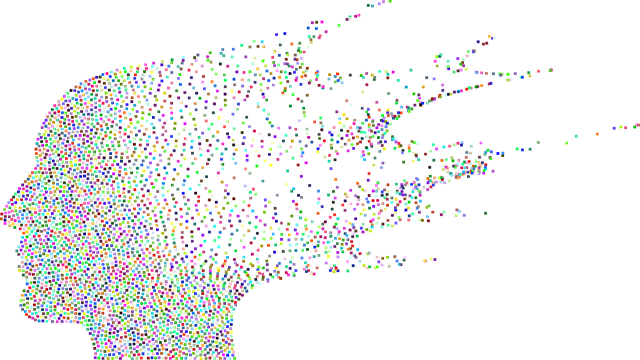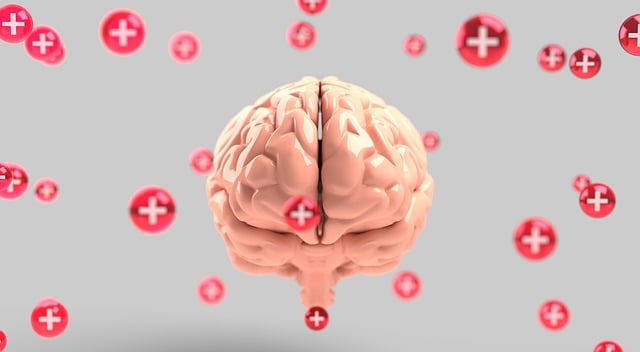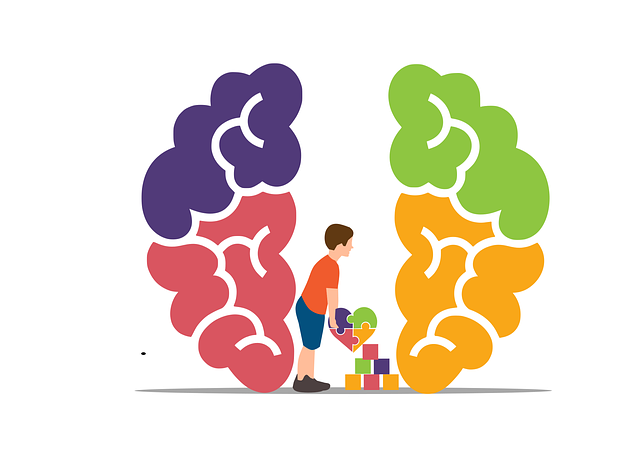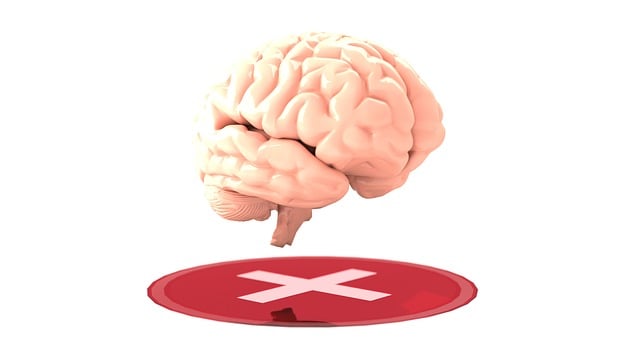Aurora Autism Spectrum Disorder (ASD) therapy focuses on improving social communication, interaction, and emotional intelligence through evidence-based strategies tailored to each individual's unique needs. Early intervention is key, significantly enhancing lives with better outcomes and increased independence. Comprehensive mental health assessments combine education and specialized tools for accurate diagnoses. Multifaceted approaches like Applied Behavior Analysis (ABA), speech therapy, and social skills training support holistic development. Strong support systems involving families and tailored resources contribute to improved mental well-being, making Aurora ASD therapy a comprehensive, effective game-changer.
“Uncovering the Path to Support: Navigating Mental Illness Diagnosis and Treatment for Aurora Autism Spectrum Disorder (ASD)
This comprehensive guide aims to illuminate the often-complex journey of identifying and treating ASD. We explore the significance of early intervention, providing a step-by-step overview of mental health assessments. From therapeutic approaches to building supportive networks, this article offers valuable insights for patients, families, and caregivers seeking Aurora ASD therapy. Discover resources to enhance understanding and access effective treatment options.”
- Understanding Aurora Autism Spectrum Disorder (ASD): A Comprehensive Overview
- The Importance of Early Intervention and Diagnosis for ASD
- Navigating the Process: Steps to Accurate Mental Health Assessment
- Therapeutic Approaches for Effective ASD Treatment
- Building Support Systems: Resources for Patients, Families, and Caregivers
Understanding Aurora Autism Spectrum Disorder (ASD): A Comprehensive Overview

Aurora Autism Spectrum Disorder (ASD) is a neurodevelopmental condition that affects individuals’ social communication and interaction, along with their behavior and sensory processing. It’s crucial to understand that ASD is a spectrum, meaning symptoms can vary greatly in severity and presentation from person to person. This complexity necessitates a tailored approach to therapy, focusing on the unique strengths and challenges of each individual.
Effective Aurora Autism Spectrum Disorder therapy leverages evidence-based communication strategies to enhance social engagement and interaction. It also promotes emotional intelligence, teaching individuals with ASD to recognize and manage their emotions, as well as understand others’ feelings. For mental health professionals, risk management planning is essential in working with this population, ensuring safe and supportive therapeutic environments that cater to their specific needs.
The Importance of Early Intervention and Diagnosis for ASD

Early intervention for Aurora Autism Spectrum Disorder (ASD) therapy is a game-changer in improving individuals’ lives. By identifying ASD at an early stage, individuals can access tailored interventions and support, leading to better outcomes. This process enables children with ASD to develop essential skills and navigate social interactions more effectively.
With prompt diagnosis, therapists can implement specialized communication strategies, stress reduction methods, and empathy-building strategies. These approaches foster a supportive environment, enhance understanding, and promote the individual’s overall well-being. Early intervention has been proven to reduce symptoms, improve social connectivity, and boost self-esteem in those on the autism spectrum, shaping their future with increased independence and success.
Navigating the Process: Steps to Accurate Mental Health Assessment

Navigating the process of mental health assessment is a crucial step for individuals seeking support and accurate diagnosis. The journey often begins with recognizing the need for help, which can be prompted by various factors like persistent feelings of sadness, anxiety, or significant changes in behavior. Many people, especially those dealing with conditions like Aurora Autism Spectrum Disorder (ASD), find it beneficial to start with a comprehensive evaluation conducted by qualified healthcare professionals. This initial step involves detailed interviews and standardized questionnaires designed to uncover symptoms, their impact on daily life, and any underlying causes.
For effective assessment, professionals utilize various tools tailored to specific concerns. In the case of ASD, specialized therapists might employ social communication assessments and behavioral observations. Additionally, integrating mental health education programs that teach mindfulness meditation and conflict resolution techniques can offer valuable insights during this process. By combining thorough assessments with evidence-based practices, healthcare providers can ensure accurate diagnoses, leading to personalized treatment plans for optimal well-being.
Therapeutic Approaches for Effective ASD Treatment

In navigating Aurora Autism Spectrum Disorder (ASD) therapy, a multifaceted approach is essential for effective treatment. The therapeutic strategies often include behavioral interventions, speech and language therapy, and social skills training tailored to each individual’s unique needs. These methods aim to enhance communication, improve social interactions, and support emotional regulation. For instance, Applied Behavior Analysis (ABA), a well-researched method, focuses on breaking down complex behaviors into manageable steps, teaching new skills, and reducing challenging ones.
A comprehensive risk assessment for mental health professionals is crucial in ensuring the best care for ASD individuals. Healthcare provider cultural competency training plays a vital role in promoting inclusive practices, as it equips practitioners with the skills to understand and address cultural nuances that may impact treatment. Additionally, incorporating Emotional Well-being Promotion Techniques can significantly contribute to the holistic development of ASD patients, helping them develop coping mechanisms and build resilience.
Building Support Systems: Resources for Patients, Families, and Caregivers

Building support systems is an essential aspect of navigating mental illness diagnosis and treatment. For patients with conditions like Aurora Autism Spectrum Disorder (ASD), having a robust network can significantly enhance their journey towards recovery. Family members and caregivers play a crucial role in providing emotional support, practical assistance, and encouragement throughout therapy sessions.
Resources tailored for each group are abundant. Patients can benefit from social skills training programs designed to foster interaction and communication, addressing common challenges associated with ASD. Caregivers, on the other hand, can access crisis intervention guidance to manage stressful situations effectively. Additionally, support groups offer a safe space for sharing experiences, gaining insights, and finding comfort in knowing they are not alone. These systems collectively contribute to improved mental well-being, promoting a holistic approach to treatment that extends beyond individual therapy sessions.
In navigating the complex landscape of mental health, especially with conditions like Aurora Autism Spectrum Disorder (ASD), early intervention and accurate diagnosis are key. This article has explored various aspects of ASD understanding, from its comprehensive overview to the importance of timely detection. Effective therapy for ASD involves a multitude of approaches, and building robust support systems is essential for patients, families, and caregivers alike. By utilizing resources and adhering to structured assessment processes, individuals on the autism spectrum can receive the tailored Aurora Autism Spectrum Disorder therapy they need to thrive in today’s world.














